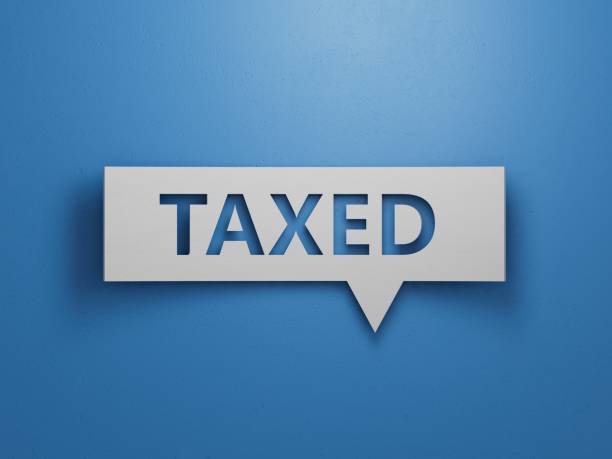Just a week before the University of Washington released its “seismic” findings on the decreased wages and “substantial disemployment effects” Seattle’s $15 minimum wage law has had on the city’s lowest wage earners, a report from University of California-Berkeley researchers head-scratchingly declared the wage hike a success, with no negative impacts on employment.
So what gives?
It turns out the UW researchers gave Seattle Mayor Ed Murray an early draft of their study and the findings were not what he was hoping. So what’s a mayor to do when the data doesn’t provide the results he wants? He finds another study that will.
Mayor Murray provided the UC-Berkeley researchers an advance copy of the UW study and asked them to conduct their own study, as well as poke holes in the yet-to-be-released UW study, knowing those researchers would almost certainly come to the “right” conclusion about Seattle’s minimum wage hikes. After all, the UC-Berkeley research team he tapped has previously published over half a dozen studies on various local minimum wages, all of which concluded that increasing the minimum wage only has positive overall impacts for low-wage workers. The UC-Berkeley researchers have never found an overall negative impact of a higher minimum wage.
An investigative report last year by the Albany Times-Union revealed the motives of the Berkeley research team after findings hundreds of pages of emails between minimum wage advocates and the researchers “demonstrating a deep level of coordination between academics and advocates.” One example—a minimum wage advocate in New York emailed one of the UC-Berkeley researchers with a list of talking points “we’d love you to cover” in his upcoming testimony before a Senate Labor Committee on the benefits of a higher minimum wage. “That works for me. I will work on it tomorrow,” was his response. And so he did.
In their report on Seattle, the UC-Berkeley researchers similarly did not disappoint, delivering Mayor Murray a glowing review of Seattle’s wage hike, followed by a scathing dissection of the UW study in an attempt to discredit those findings.
As a Seattle Weekly article (appropriately titled “The City Knew the Bad Minimum Wage Report Was Coming Out, So It Called Up Berkeley”) investigating the timing of the dueling reports:
“To review, the timeline seems to have gone like this: The UW shares with City Hall an early draft of its study showing the minimum wage law is hurting the workers it was meant to help; the mayor’s office shares the study with researchers known to be sympathetic toward minimum wage laws, asking for feedback; those researchers release a report that’s high on Seattle’s minimum wage law just a week before the negative report comes out.”
The maneuvering by Mayor Murray went beyond simply obtaining another perspective. According to emails between Murray and the lead UC-Berkeley researcher, a deadline was imposed by Murray for the Berkeley study to be completed just prior to the public release of the UW study. The UW research team had provided Mayor Murray and members of the Seattle City Council with not just the preliminary results of their study, but a timeline of when those results would be made public. Murray took this timeline and turned it into a template for how to launch his coordinated attack on the UW study.
The Seattle Times lambasted Mayor Murray, calling it “partisan cherry picking of the research.” The Times strongly worded editorial said Murray’s “strategy is clear and galling: celebrate the research that fits your political agenda, and tear down the research that doesn’t.” The editorial called for Mayor Murray and members of the Seattle City Council to “back off partisan meddling in minimum-wage research.”
While Mayor Murray, labor unions and the UC-Berkeley researchers scramble to try to discredit the UW study, academics with less partisan leanings call the UW study “very credible” and “sufficiently compelling in its design and statistical power that it can change minds.” This is because the UW study used detailed data (The Times called it “an unusually large and deep data set”) that has been never before been available.
What is more, the UW study authors are respected economists who come from diverse policy backgrounds; there was no political ax to grind. One of the researchers, Hilary Wething, formerly worked for the liberal, union-backed Economic Policy Institute, which has long argued in favor of increasing the minimum wage. You can’t credibly accuse the UW research team of being a right wing cabal.
While Mayor Murray and minimum wage deniers continue on their campaign of “rationalizing and propagandizing” the real impacts of Seattle’s $15 minimum wage, liberal Seattle Times columnist Danny Westneat chastised his fellow liberals for their knee-jerk reaction to the UW study and suggested they should “actually be liberal—that is, open to new information that may not square with the program.”
Based on the history of ideological intolerance in Seattle, that’s about as likely as the city’s $15 minimum wage having no negative impact on workers.





